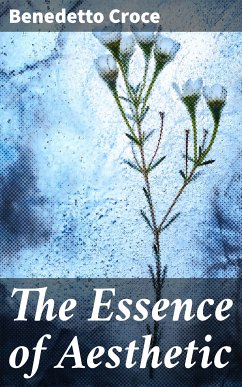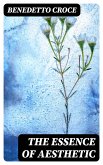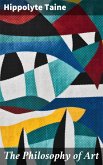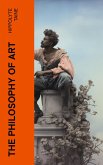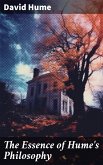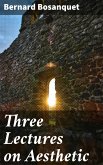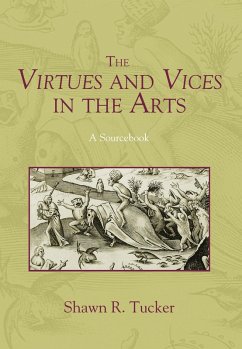In "The Essence of Aesthetic," Benedetto Croce profoundly engages with the interplay between aesthetics, philosophy, and the arts, exploring the intrinsic relationship between art and human experience. The book, characterized by its lyrical prose and rigorous argumentation, is anchored in Croce'Äôs idealist philosophy, seeking to elevate aesthetics to a central role in understanding life. He articulates a nuanced definition of beauty, connecting it to intuition and expressive creativity, while critiquing the prevailing positivist notions that dominated his time. The text reflects Croce's engagement with contemporary artistic movements and his desire to forge a cohesive theory that embodies the essence of artistic expression. Benedetto Croce, an influential Italian philosopher, historian, and critic, was instrumental in the early 20th-century revival of idealist thought. His deep engagement with literature and the arts, coupled with a rich intellectual heritage steeped in Italian Romanticism, shaped his approach to aesthetics. Croce's own experiences as a statesman and cultural figure further informed his belief in the transformative power of art, positioning him to eloquently advocate for aesthetics as a vital domain of philosophical inquiry. For those interested in the profound implications of art in human experience, "The Essence of Aesthetic" is an essential read. Croce invites readers to reconsider the role of aesthetics not merely as a branch of philosophy but as a foundational element of human existence. This book is an enriching exploration that encourages deep reflection on the nature of beauty and the function of art in society.
Dieser Download kann aus rechtlichen Gründen nur mit Rechnungsadresse in A, B, BG, CY, CZ, D, DK, EW, FIN, F, GR, H, IRL, I, LT, L, LR, M, NL, PL, P, R, S, SLO, SK ausgeliefert werden.

